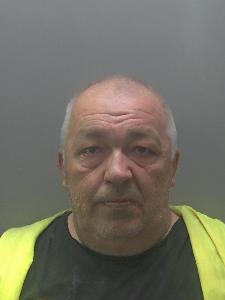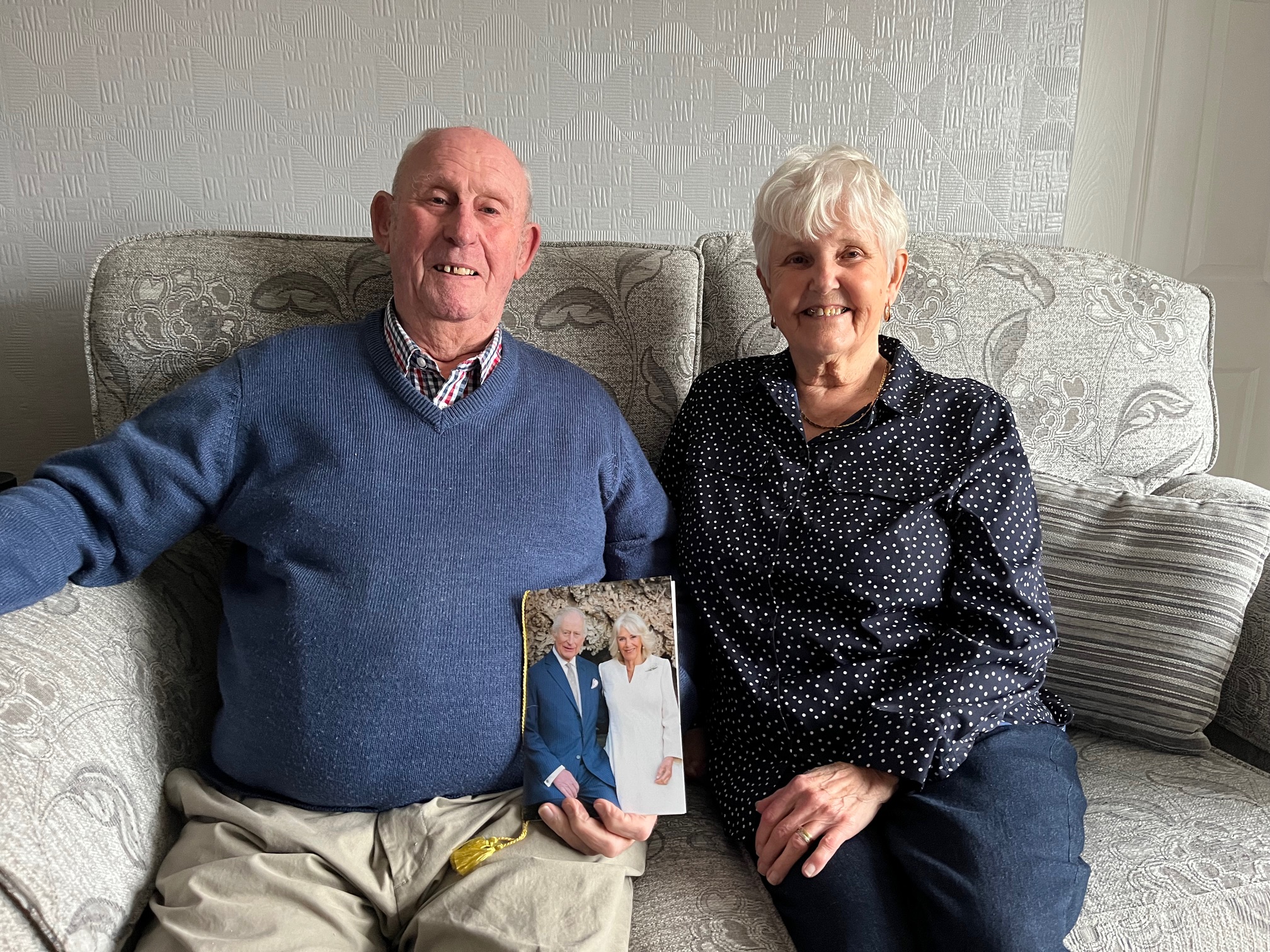A Spalding woman found dead in her home was killed by a 64-year-old man with a mobility scooter who she had allowed to stay at the property, a jury decided today (Wednesday).
Kristine Sparane, 37, was found lying on a bed and covered in blood after police forced entry to her two storey rented flat in Winsover Road, Spalding, on the evening of November 26 last year.
The supermarket worker had suffered a number of blunt force injuries to her head and a severe skull fracture.
A pathologist said those injuries were consistent with Ms Sparane being struck with a large pepper mill, kicked and stamped on, and her head being shut in a door.
Officers also entered a second bedroom and discovered Brian Simpson, 64, lying on the floor with a blood coated kitchen knife next to him, the court heard.
An uninjured young child was also present in the same room as Simpson and gave an account to the police in which the attack on Ms Sparane was described.
Mr Simpson, of Nene Court, Spalding, has been found unfit to stand trial because of his mental health difficulties.
But a jury at Lincoln Crown Court took just 30 minutes to decide he was responsible for killing Ms Sparane.
A judge will now have to decide if Mr Simpson is detained in a secure psychiatric hospital for an unlimited period.
The hearing – known as a trial of facts – heard Mr Simpson used a mobility scooter but was also seen walking and there were no disability aids in Ms Sparane’s home.
Ms Sparane was last seen on CCTV walking down Winsover Road at 9.25pm on November 25 after visiting a local supermarket.
Mr Simpson was also caught on CCTV using his mobility scooter in Winsover Road on November 24 before returning to Ms Sparane’s home.
The court heard Ms Sparane had previously told a friend that Simpson would “come to cuddle and kiss her” but she didn’t want that and they were just friends.
Ms Sparane had also sent a message stating that she was a single parent who had met a man but that they were only friends as he was much older.
Ms Sparane added that she felt she was being used.
A friend described Ms Sparane as “naive around men” and noted that although Mr Simpson used a mobility scooter she had seen him standing and walking.
Other colleagues said Ms Sparane described Mr Simpson as a “nuisance” and was happy because he was leaving on November 25.
Police forced entry to Ms Sparane’s flat shortly after 7.30pm on November 26 after she failed to attend work and friends raised concerns for her safety.
The jury heard evidence from Home Office pathologist Dr Stuart Hamilton who carried out a post mortem examination on Ms Sparane.
Dr Hamilton told the jury Ms Sparane had suffered a number of lacerations to her head which were consistent with blunt force rather than a bladed object.
“It would have to be least four heavy blows, most likely more,” Dr Hamilton told the jury.
Dr Hamilton agreed the injuries were consistent with Ms Sparane’s head being closed into a door.
Blue specks of paint found on Ms Sparane’s skull were also consistent with a large pepper mill which was recovered during the investigation, Dr Hamilton confirmed.
“It was entirely consistent with it (the pepper mill) being used to strike the head,” Dr Hamilton added.
Dr Hamilton said in his opinion it was not the blows from the pepper mill which caused Ms Sparane’s death.
Bruising on Ms Sparane’s hands suggested she had been defending herself from incoming blows, Dr Hamilton explained.
One of the blows caused a severe multiple fracture to Ms Sparane’s skull which was more typical of a person being involved in a road traffic collision or falling from height, Dr Hamilton told the jury.
“This level of injury is rare, it is not something I see very often in the context of an assault,” Dr Hamilton added.
Dr Hamilton said it would have taken less than 30 minutes from the blow for Ms Sparane to die.
The jury heard Mr Simpson was found with a small stab wound near his abdomen which did not require surgery and could have been self inflicted.
Police had taken the decision to force entry to Ms Sparane’s flat after they heard a child’s voice and the sound of a male coughing.
One of the officers who entered the flat described how he found Ms Sparane in a bedroom with a pillow over her face.
“I could see Kristine on the bed,” the officer explained. “The amount of blood surrounding her it was clear she was deceased.”
Mr Simpson was found lying face down on the floor of a second bedroom with only his trousers on, the court heard.
The child was removed from the room and gave an account of what she had seen before being placed in a police car to keep warm.
Officers initially believed Mr Simpson was dead but he was later heard to make a number of comments before being taken to hospital.
Mr Simpson was heard to repeat the words “No,No,No” and said “Their coming to kill me.”
Judge Simon Hirst adjourned the case until July 14 for further psychiatric reports on Mr Simpson who remains remanded into custody.
Senior investigating officer, detective chief inspector Jennifer Lovatt, of East Midlands Special Operations Unit, expressed gratitude to everyone who has supported the investigation throughout this process.
She said: “The outcome today is not about the individual who took Kristine’s life – my thoughts remain steadfastly with Kristine and her grieving family, who have endured unthinkable heartbreak and loss. Throughout this painful experience they have shown extraordinary courage and resilience.
“We remain committed to ensuring justice is upheld and will continue to closely monitor the defendant’s progress and compliance throughout the duration of the hospital order. This vigilance reflects our dedication to safeguarding the community while seeking true justice for all involved.”
A spokesman for Lincolnshire Police said: “A hospital order is a legal measure in England and Wales that allows courts to send someone to a hospital for treatment, instead of prison. This typically happens when the person has committed an offense that could lead to imprisonment, and two doctors confirm the defendant has a mental disorder requiring hospital care.
“Once under a hospital order, the individual is admitted to a hospital for treatment. The initial duration is six months, but it can be extended if necessary. The goal is to provide appropriate care and rehabilitation, rather than punishment. In some cases, restrictions may be added (known as a Section 37/41 order) to protect the public, which means the Ministry of Justice must approve certain decisions, like discharge or leave.
“Simpson will continue to be assessed in hospital, and should he be found to have made sufficient recovery to participate in a criminal trial at a future date, and should he then plead not guilty, a normal trial for criminal proceedings would begin.”








